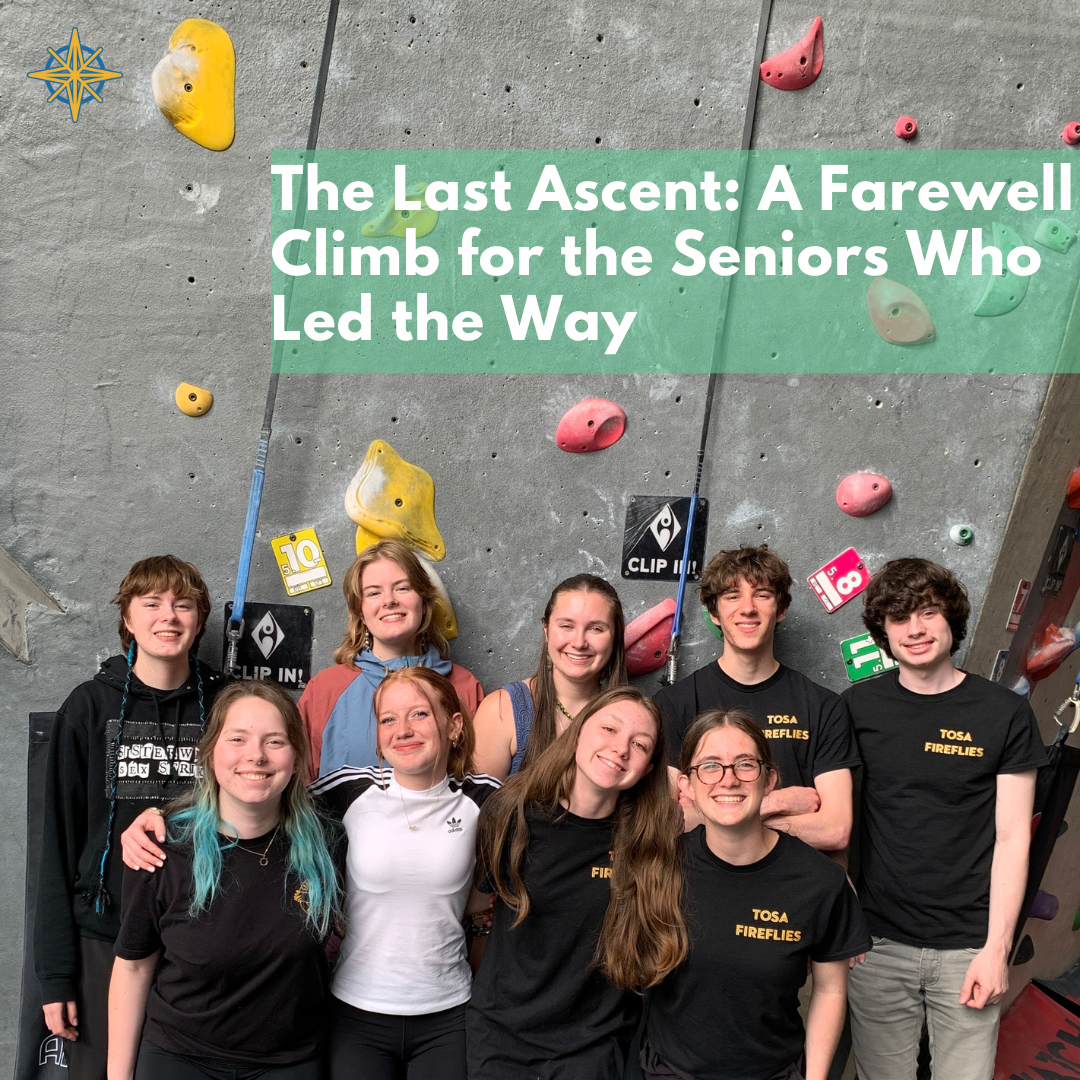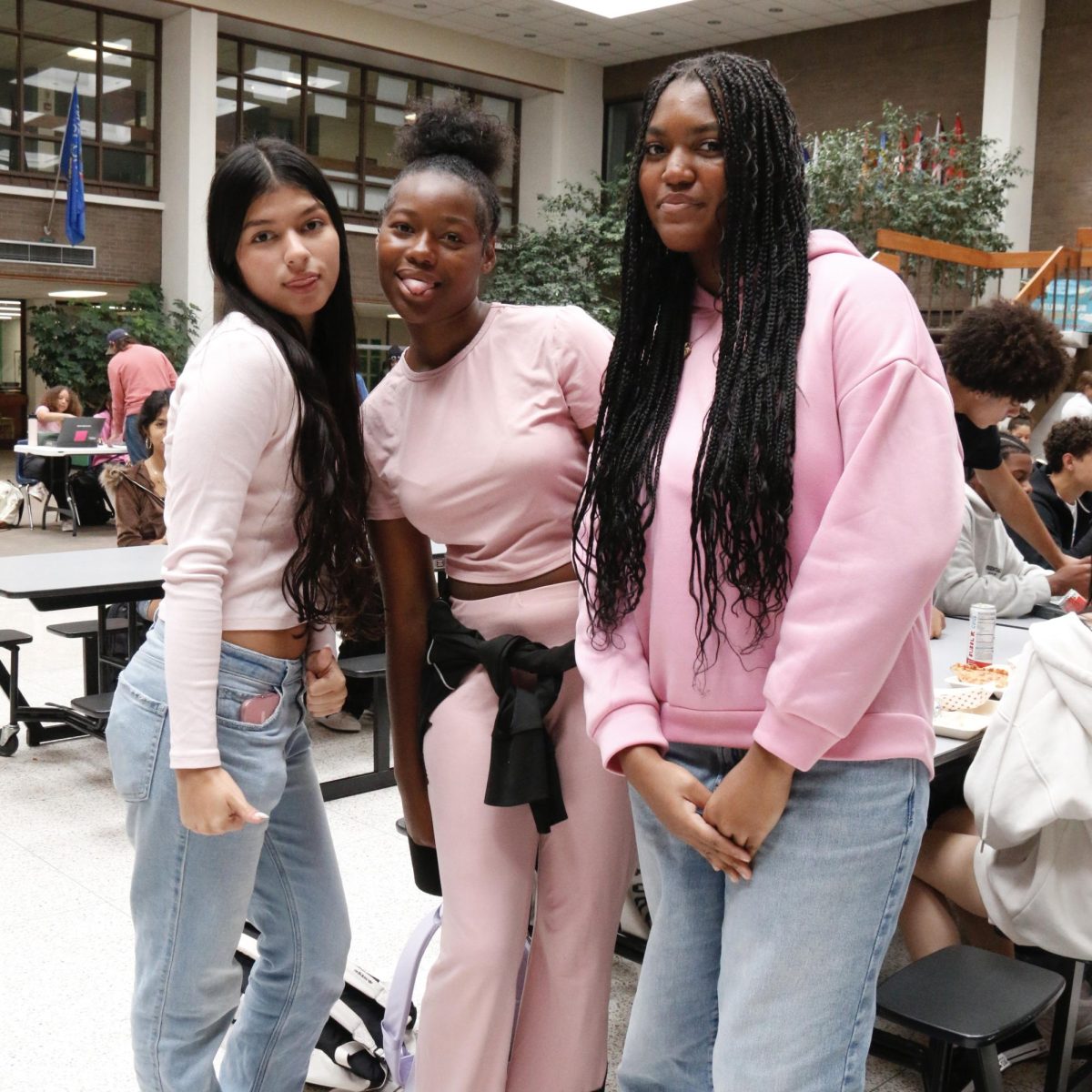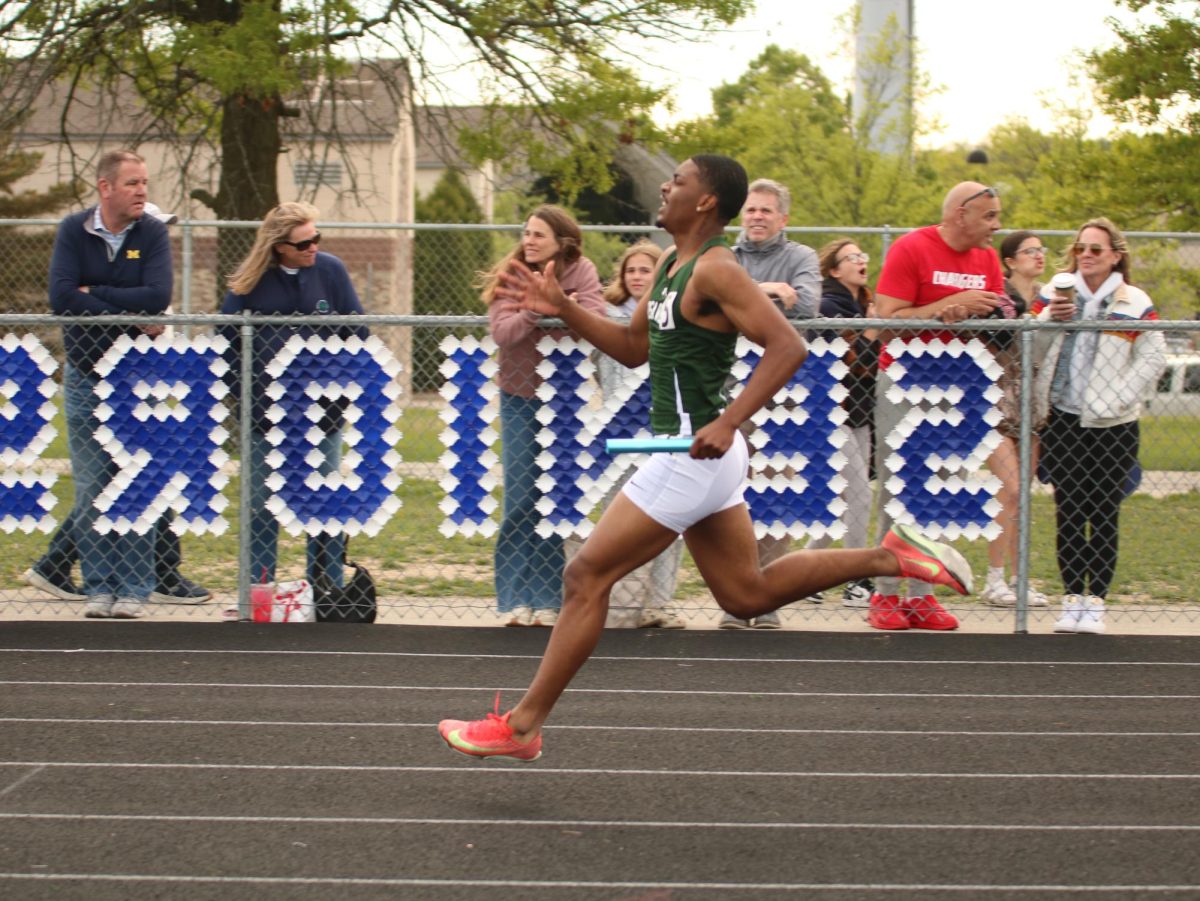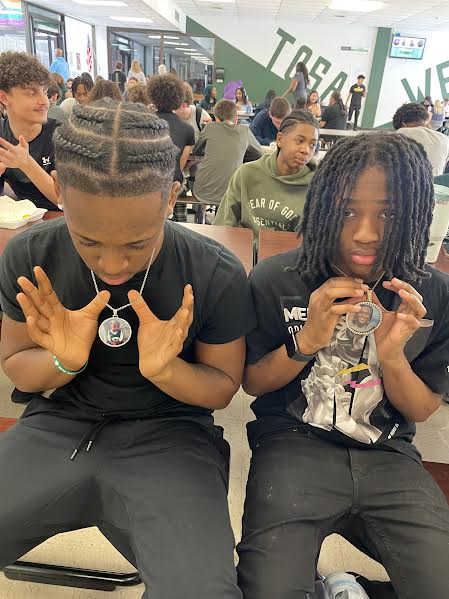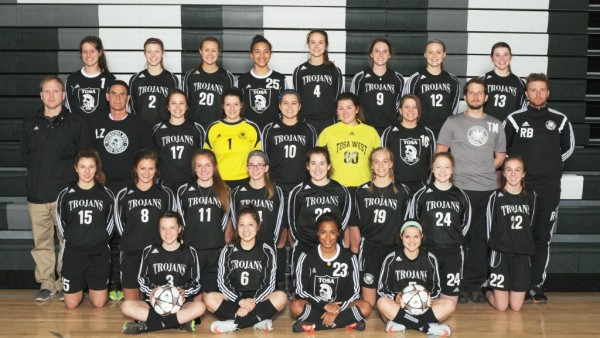Love watching movies? Take a look at this compilation of the ten best films from this past year.
The Tree Of Life: Terrence Malick has always reinvented cinema in some aspect with every film he has made. The Tree Of Life, however, is his finest film to date, even surpassing 1978’s Days Of Heaven. The Tree Of Life is filled with vividly wondrous imagery that evokes nothing but thought. Set in 1950’s Waco, Texas with moving messages about distancing family bonds, childhood mentality, creationism, evolution and existentialism, the film leaves little ground uncovered. The film directly displays that the past is the past and cannot be recreated, and the mistakes we have committed will live with us forever. The film’s ambient score adds to the emotional factor of the film, while the dominating close-up shots leave no room for flaws. Malick himself could only pull off the accomplishment that is The Tree Of Life.
The Girl With the Dragon Tattoo: David Fincher is a living legend. With films like Fight Club, Se7en, The Curious Case Of Benjamin Button, and 2010’s The Social Network, it seems impossible to pull off another flawless film. He does just that with The Girl With the Dragon Tattoo. The film is a mystery based on the novel from Stieg Larsson’s Millennium series. It follows a journalist (Daniel Craig) tracking the culprit behind a forty-year-old murder case with the help of a social outcast computer hacker (Rooney Mara). The film tackles the topic of violence against women in a straightforward manner and does not hold back, not even a little. This can be difficult to view, but also sends the message it intends to. Fincher’s signature style is on display here giving the film his usual dark feel, with a strange title sequence and film score by Nine Inch Nails frontman, Trent Reznor.
The Descendants: George Clooney has had the best year of any major Hollywood actor. Two of his films, including the self-directed The Ides Of March, are nominated for the sacred best picture nomination at the Golden Globe Awards. The Descendants is the other. The film follows Hawaiian landowner Matt King (George Clooney) caring for his comatose wife, while raising his two daughters and negotiating a land deal. In short term, crisis ensues. Moving performances from Clooney and a surprisingly excellent performance from Shailene Woodley (The Secret Life of the American Teenager) propel this film to new heights.
Drive: No film in 2011 was as brazenly violent as Drive. The film follows a Hollywood stunt driver (Ryan Gosling) balancing his profession with a life of crime, all while trying to win the heart of his neighbor (Carey Mulligan). Albert Brooks of The Simpsons fame is the film’s key component with his shockingly evil persona, as crime boss Bernie Rose. Viewers beware: Extreme Gore. The violence in this movie is surprising and highly realistic, whenever it pops up. But with that being said, if you were to diminish the film of its violence, it would deteriorate the storyline and the characters’ personas. This film may not pack all “the bells and whistles” of an action film, but you better bet it will impress.
The Artist: Silent films are not usually categorized as entertaining by today’s standards, but they did pave the way for modern cinema. The Artist incorporates the silent age’s simple style, yet does not leave the viewer bored to death. It follows a silent film actor who struggles with his profession when Hollywood transitions to the production of talkies. The film has already garnished critical acclaim for it innovative usage of the silent film genre, and for its excellent performances. Besides it’s harder to act when you can’t speak. The ending of the film is a pretty comical choice, and The Artist in general will leave you speechless. Pun intended.
The Help: Do not let the bright yellow poster fool you. This film may be highly inspirational, but also tackles serious subject matter. Set in 1963 Jackson, Mississippi, The Help follows a young, white, aspiring journalist (Emma Stone) who wants to write a memoir from the point of view of the black maids that raise white children. Civil Rights are the main subject of the film, and some scenes include harsh treatment of the maids by their white employers. Now, if you wanted to see a clichéd inspirational film, where everyone lives happily ever after, you are looking in the wrong place. But if you want to see uplifting and moving performances, you should start with The Help.
Moneyball: Brad Pitt’s second film on the list is a sports movie for the ages. The film, set in 2001, follows Oakland A’s general manager Billy Beane (Brad Pitt) attempting to assemble a “dream team” of sorts, even though he is extremely limited on money. He then hires a stats expert (Jonah Hill) to find the best players for the limited capitol he has. Jonah Hill and Brad Pitt are excellent in this film, hands down. It is a sports film that will appeal to anyone, even those with the most specific of taste. That is a trait that hardly exists in today’s cinema.
Midnight In Paris: If you haven’t seen Annie Hall, you’re missing out. You are missing out the not only the extremely genuine storytelling of Woody Allen, his mastery of filmmaking and the way he innovated the modern romantic comedy. He also displays his talents on 2011’s Midnight In Paris. The film follows a couple (Owen Wilson, Rachel McAdams) who vacation to Paris, and every night at midnight they are transported to the 1920’s, where they meet innovators of the arts such as Salvador Dali, Ernest Hemingway, F. Scott Fitzgerald and Pablo Picasso. This encounter helps them to strengthen their relationship. Is it odd that time travel is a component of this film? Yes. Is it odd that Woody Allen once again amazes all with his filmmaking? Of course not.
The Muppets: Jim Henson passed away far before his time, and his creation, The Muppets could have changed from his original view and became unbearable. The 2011 film tributes Henson in everyway respectable. The film is a kid’s film indirectly aimed towards an adult audience. Weird. The film itself, however, is not weird and aims to please anyone. Written by How I Met Your Mother’s Jason Segel, it is almost autobiographical, as in, it follows the comeback of the Muppets, while in actuality, they did indeed make a comeback. All’s well that ends well (as usual). I mean, come on it is the Muppets, what’d you expect? But who would have guessed that this movie would have such an in-depth connection to actuality? Honestly, no one.
J. Edgar: Clint Eastwood is an American icon. He re-invented the outlaw role (The Man With No Name Trilogy) and has even directed a series of acclaimed films, J. Edgar being one of them. Detailing J. Edgar Hoover’s (Leonardo DiCaprio) rise from public investigator to America’s “Top Cop”, the film covers a whole lot, including his rumored homosexuality. DiCaprio masters the role with ease, and The Social Network’s Armie Hammer makes a statement in the supporting role as Clyde Tolson, Hoover’s sideman and rumored lover. Eastwood’s direction and storytelling is masterfully done and keeps the viewer interested and on track all the way through the film’s almost three hour run time. The film may not be as entertaining as Eastwood’s classic films, but it is an excellent addition to his collection of directed films.




